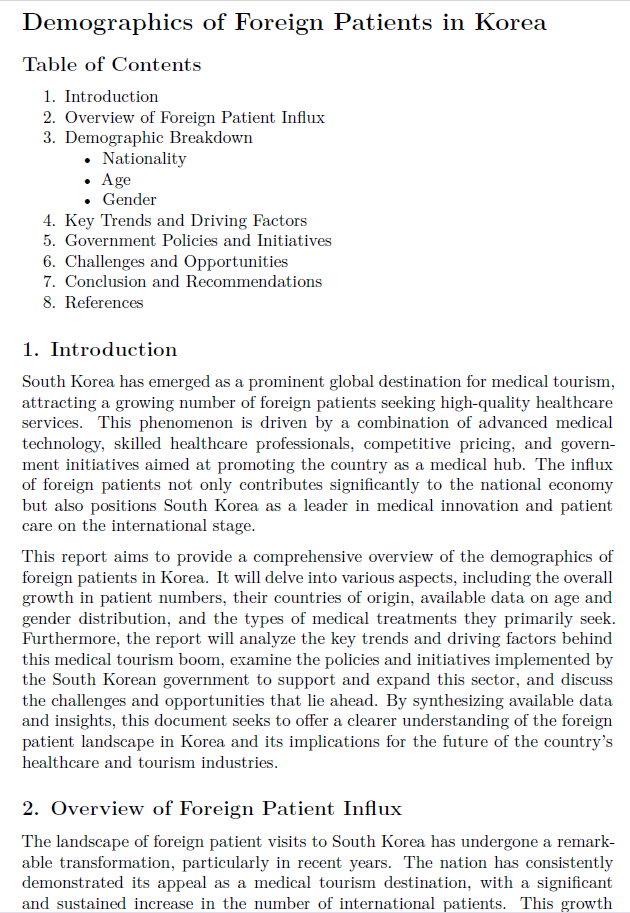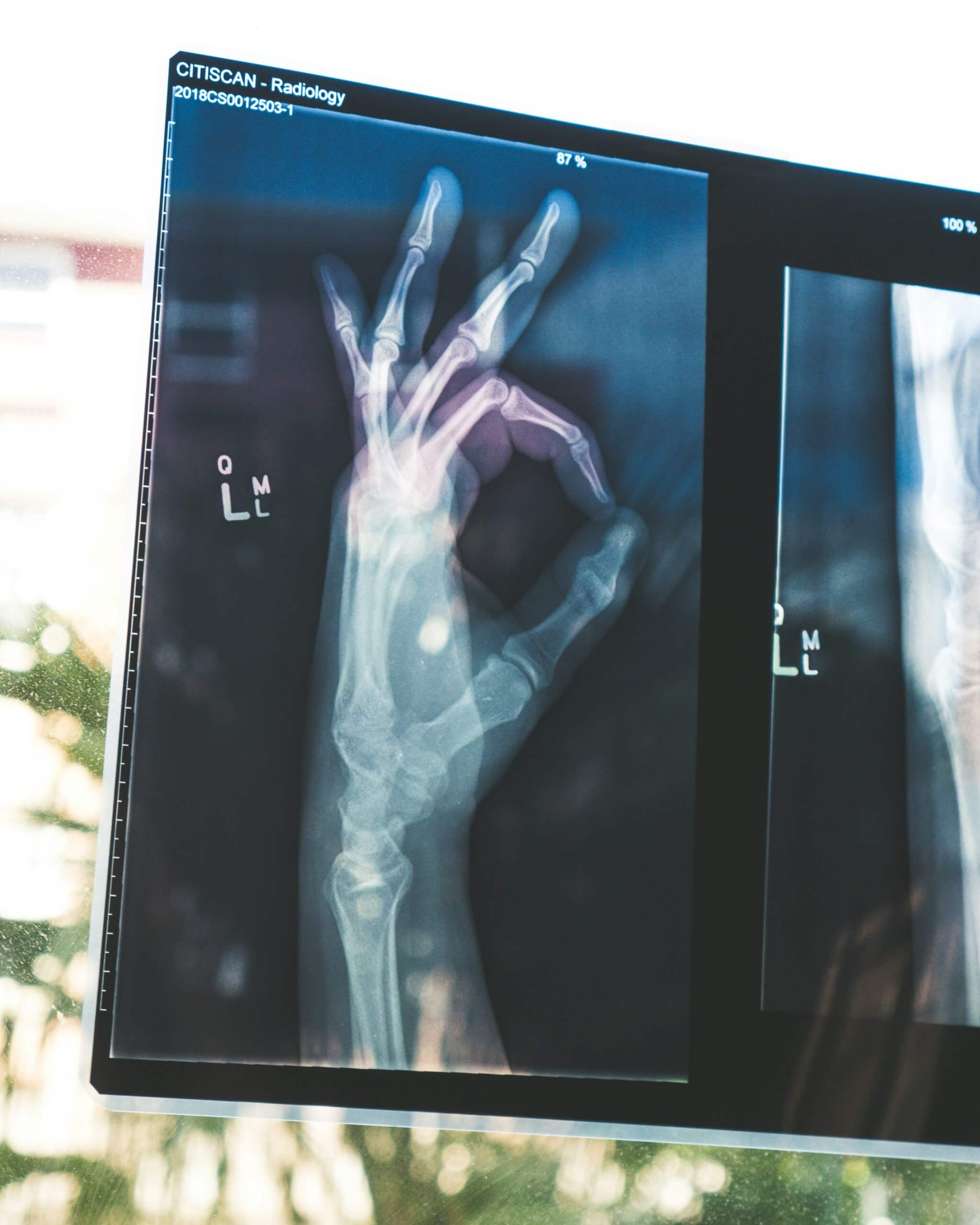We had the privilege to meet multiple medical tourism companies at the business matching event at the Seoul International Tourism Mart (SITM) 2025 at the COEX Convention Center in Seoul. I’m taking the liberty to share some thoughts on how South Korea can leverage AI technology to fuel its growth in this lucrative medical tourism sector.
South Korea has rapidly emerged as a global leader in medical tourism, attracting a record-breaking 1.17 million foreign patients in 2024. This marks a significant increase from previous years, with patients from over 200 countries seeking treatment in the country. The nation’s high-quality medical services, advanced technology, and competitive costs are major draws for international patients. Now, with the strategic integration of Artificial Intelligence (AI), South Korean hospitals and clinics are poised to further enhance their appeal and attract an even larger global clientele.
The Rise of South Korea as a Medical Tourism Destination
In 2023, South Korea saw approximately 606,000 foreign patients, a number that nearly doubled in 2024. The country’s healthcare system is highly regarded, even ranking first in the 2021 CEOWORLD magazine Health Care Index. While renowned for its expertise in plastic surgery, with the highest per capita rate of cosmetic procedures globally, the leading specialty for medical tourists is actually dermatology, accounting for 56.6% of all visits in 2024. Other popular fields include internal medicine and medical checkups. Patients from Japan, China, the U.S., and Taiwan are among the most frequent visitors for medical treatments.
Leveraging AI to Attract International Patients
Artificial intelligence is revolutionizing how healthcare providers connect with and care for patients. For South Korean hospitals and clinics looking to expand their international reach, AI offers a powerful toolkit.
Content Translation with ChatGPT: One of the biggest hurdles in attracting foreign patients is the language barrier. Korea is one of the countries that still struggles to grasp the complexity of the English language. This is largely due to their Subject-Object-Verb (SOV) sentence order, which is different from English’s Subject-Verb-Object (SVO). However, AI-powered language models like ChatGPT can be instrumental in overcoming this challenge.
Hospitals can use ChatGPT to translate high-quality, medically accurate content for their websites, brochures, and social media channels. This content can then be instantly and accurately translated into multiple languages, making it accessible to a global audience. This ensures that potential patients can easily understand the services offered, the expertise of the medical staff, and the logistical details of seeking treatment in South Korea.
AI Agents for Digital Marketing: AI agents are intelligent systems that can automate and optimize digital marketing efforts. These agents can analyze vast amounts of data to identify trends and predict patient needs, allowing for highly targeted and personalized marketing campaigns. For instance, Manus AI agents can generate a comprehensive report about the demographics of foreign patients in Korea. We all know too well that Korean working culture involves vast reporting work.

Meanwhile, one of the commonly used AI graphic design tools is Canva’s Magic Design, also known as Canva AI. It can auto-generate poster designs from text prompts or brand kits and also perform auto-resizing for social media, print, email headers, etc. Beyond graphical editing, it can also do copywriting.
Seamless Multilingual Communication: Effective and clear communication is crucial throughout a patient’s journey. BiiB, our multilingual messaging app, offers a solution to the communication gap between healthcare providers and foreign patients. This AI-powered communication app allows users to chat in their native language, with messages being automatically and accurately translated in real time. It is already being used by medical and beauty clinics around Hongdae area in Seoul. A Korean doctor could speak or type a message in Korean, and the patient in Japan would receive it in Japanese, and vice versa. Some users claim it is more accurate than Papago – Korea’s version of Google Translate. BiiB’s AI translation model is sophisticated enough to understand slang, typos, and even idioms, ensuring that conversations feel natural and effortless. This technology can be used for everything from initial inquiries and pre-travel consultations to post-treatment follow-up care, fostering a strong and trusting relationship between the patient and the medical team.
The Future of Medical Tourism is AI-Powered
By embracing these AI technologies, South Korean hospitals and clinics can create a seamless and personalized experience for international patients, from their first online search to their post-treatment care. From Hanyang University Hospital’s AI-powered CCTV system to the integration of AI in marketing and communication, this game-changing tech can also streamline administrative processes, allowing medical professionals to dedicate more time to what they do best – providing world-class medical care. As South Korea continues to solidify its position as a top medical tourism destination, the strategic adoption of AI will be a key differentiator in a competitive global market.
